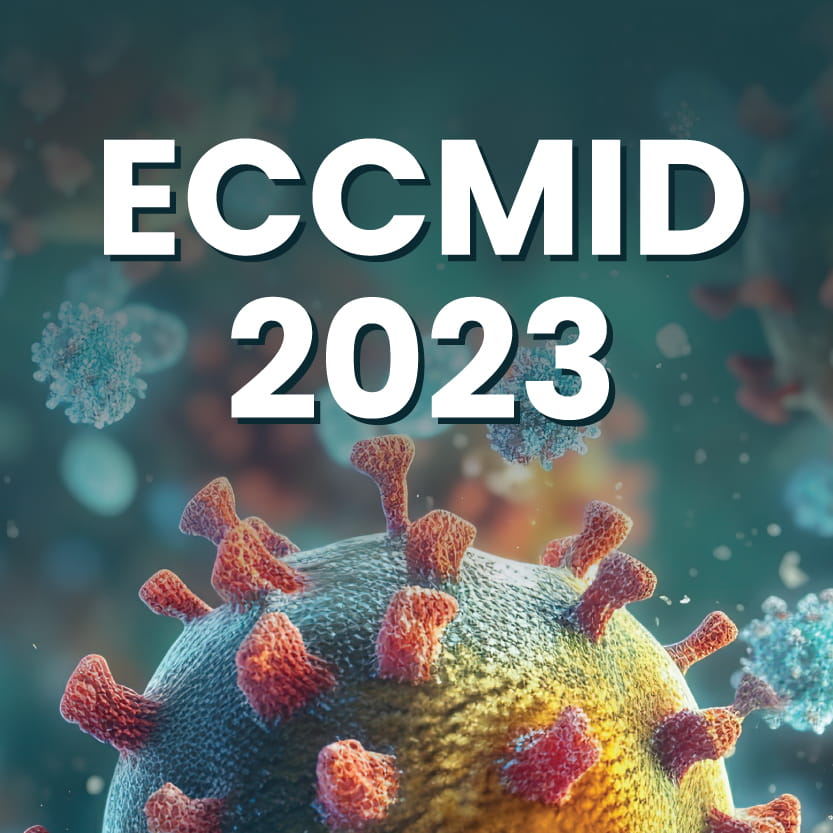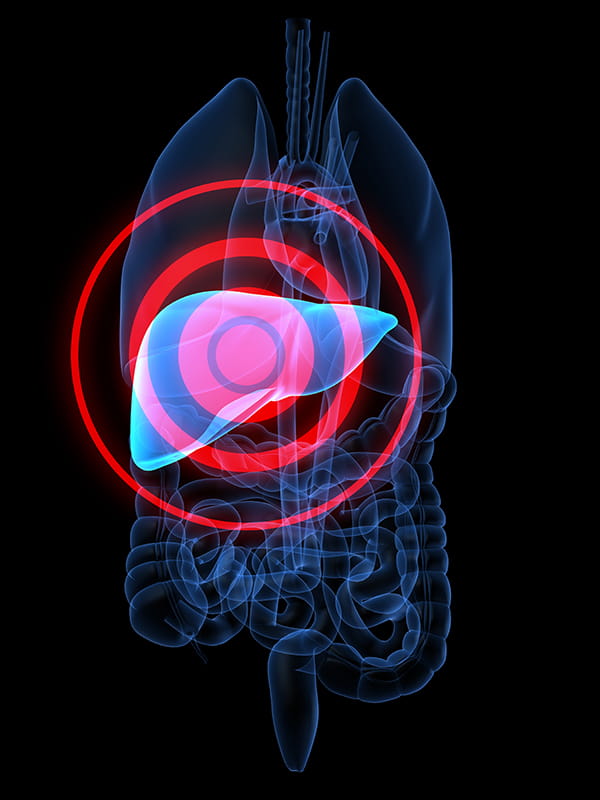ISID 2022: Hepatitis C Elimination Global Opportunities
The session threw light on how Hepatitis C was eliminated in Egypt and the measures taken to do so, innovation and integration of HCV diagnostics and Malaysia's hepatitis C elimination strategies.
The elimination of hepatitis in Egypt was through the formation of the Egyptian National Committee for Control of Viral Hepatitis which led all the activities and efforts towards the elimination of this disease. This committee opened 23 viral hepatitis facilities which offered care and treatment at a reduced cost. The centres had a maximum reach as they were located throughout Egypt and within 50km of every city and village. These centres were equipped with all the necessary services such as expertise for clinical evaluation and follow up of patients, ultrasound examination, endoscopy units, clinical pathology and virology lab, PCR machines and data entry set-up. With the introduction of direct acting antivirals, the committee negotiated with manufacturers to gain the drugs at 1% of its USA price followed by a local production of generics where Sofosbuvir, Daclatasvir and Sofosbuvir/Ledipasvir were produced. This reduced the cost of treatment and more patients were treated. A large screening program was set up along with media support to screen maximum individuals and help them with treatment. With these efforts Egypt aims to be the first country to eliminate hepatitis C infection.
FIND is a Global Alliance for Diagnostics with a mission to ensure equitable access to reliable diagnostics around the world by connecting countries and communities, funders, decision makers, healthcare providers and developers to spur diagnostics, innovation and making testing an integral part of sustainable, resilient and health systems. For hepatitis C, it is important to simplify the diagnostics algorithm to increase the number of people being screened. The HCV antibody self-testing helps to ensure equity of access to those who may have been missed by facility based or community based testing. It is highly usable in populations with lower education background and in situations where no in-person demonstration is provided. Studies on self-testing kits have shown that 98% of individuals complete the test as compared to standard of care testing. HCV RNA assay done by Xpert testing on site has higher rates of viremic testing and sample referral as compared to standard of care testing making it easier for patients.
In Malaysia, the strategy adopted for hepatitis C elimination is 4 -pronged consisting of development of affordable antivirals, compulsory licensing, introducing standard treatment of sofosbuvir and Daclatasvir and care decentralization. Compulsory licensing allows a country to produce, use, generate millions of pharmaceutical products for public health needs making it affordable to masses. Decentralization helps optimize healthcare and empowers non-gastroenterologists to treat hepatitis C.
Overall, hepatitis elimination can be made possible with the adoption of the above mentioned strategies and collaborations among the diagnostic and therapeutic providers.
SS10 International Society for Infectious Diseases (ISID) Congress 2022, 17th-20thNov. 2022, Malaysia



